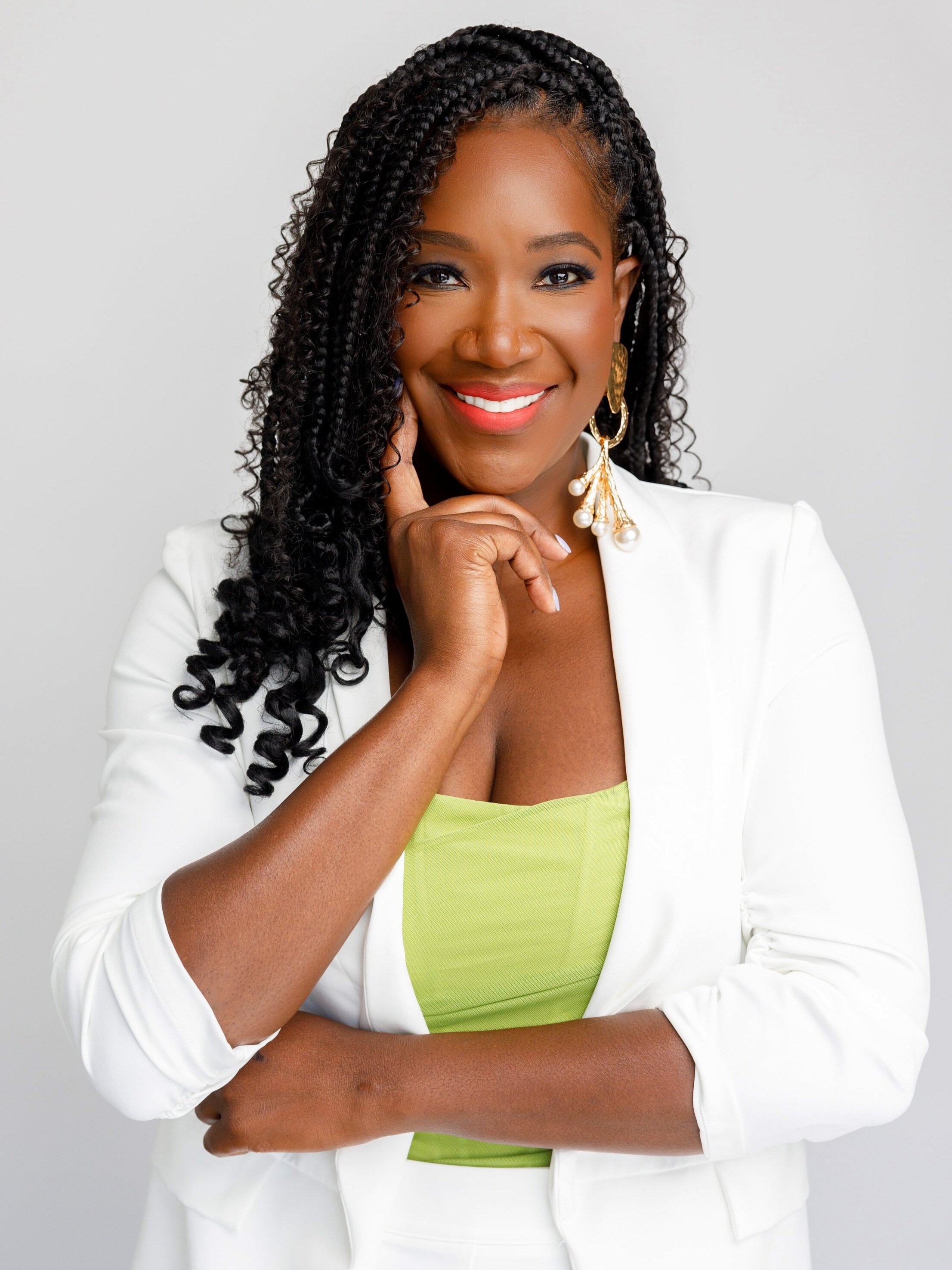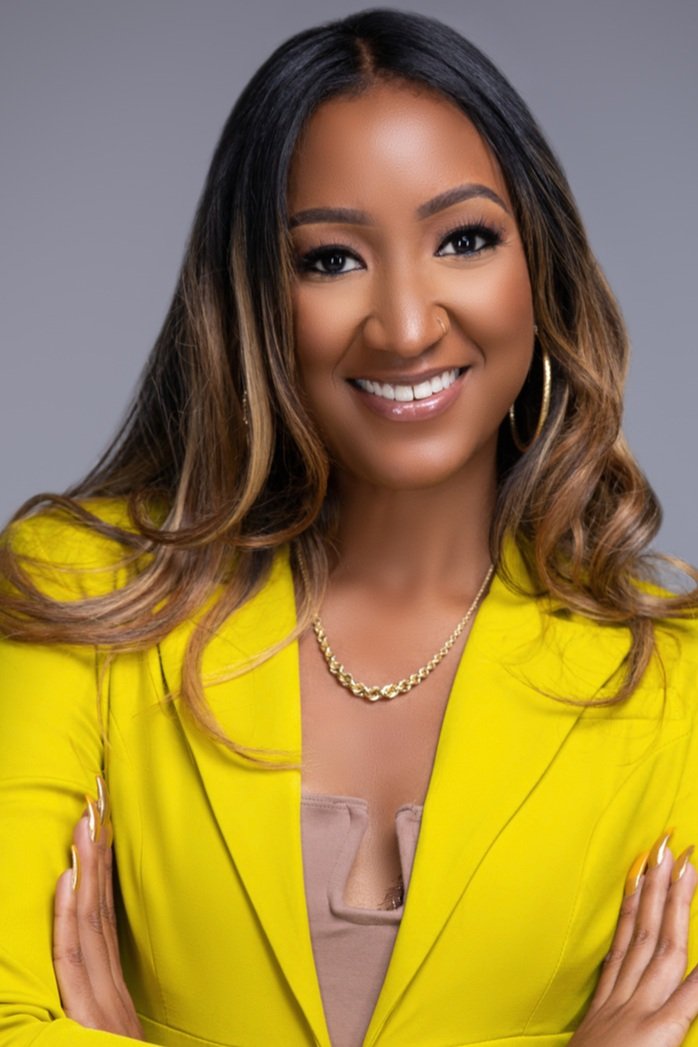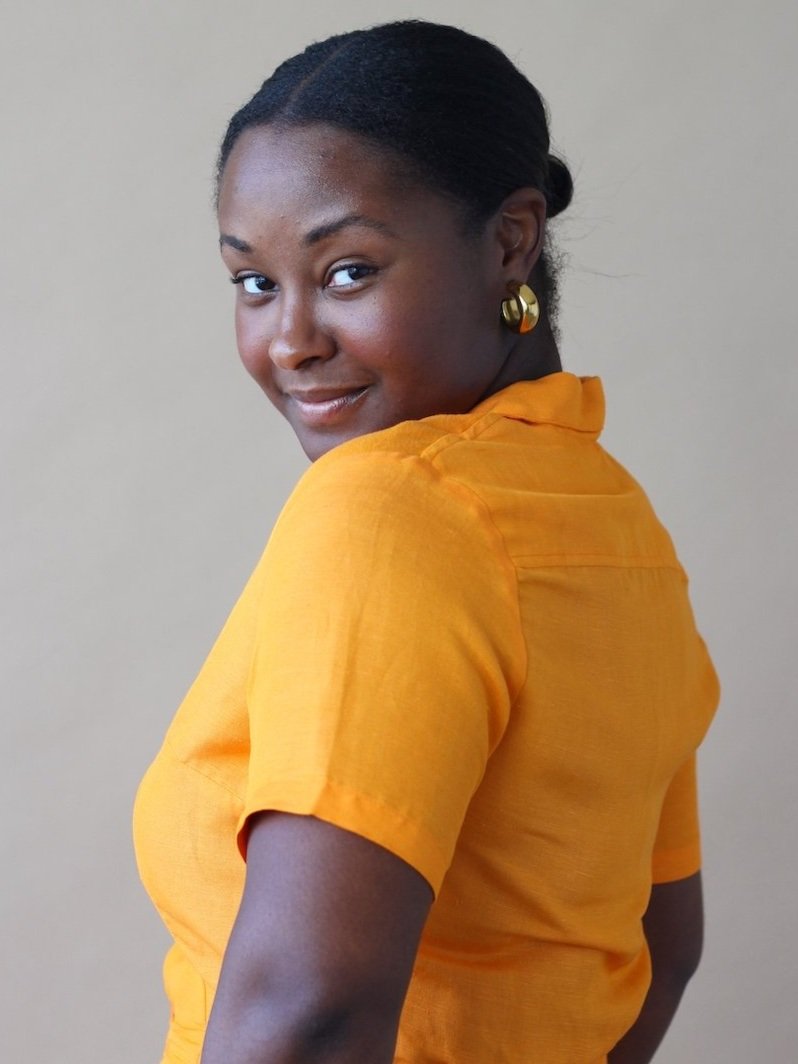Black Women Entrepreneurs Speak their Truth
Black women are the fastest-growing segment of entrepreneurs in the U.S. According to a study from JPMorgan Chase, Black women in the U.S. own nearly 2.7 million businesses nationwide. As discussed in "Bringing the Gifts, Their Ancestors Gave, These Black Women Entrepreneurs Rise,"there are unique challenges that Black women face in their quest to build a business empire.
Unfortunately, those obstacles have been magnified in recent years. For example, the Fearless Fund's grant program for businesses owned by women of color has recently faced a legal challenge from the American Alliance for Equal Rights (AAER). This group claims the venture capitalist firm's grants amount to racial discrimination under the Civil Rights Act 1866. AAER alleges that Fearless Fund engages in racial discrimination by operating the Fearless Strivers Grant, in which the foundation has awarded $10,000 to $20,000 and business-development services to early-stage Black-woman-owned businesses.
"This is about money," said Ayana Parsons, Fearless Fund co-founder, during an event. "This is about wealth creation. This is about the American Dream. Quite frankly, what Ed Blum, who has sued the Fearless Fund, is trying to do is dismantle our economic freedom and our ability to 'pull ourselves up by our bootstraps' and experience that which is the American Dream. So, this is so much bigger than us. We need 1,000 Fearless Funds. But most importantly, we need access to capital."
Recognizing the complexity of being a Black woman business owner, we connected with a few of our founders to learn more about their experiences. Here are their responses:
Saria Hawkins-Banda, Manifest Your Purpose
"My experience has not been easy, but it has been phenomenal! I am so grateful for the friends I have made on this entrepreneurial journey. Participating in programs like Black in Business with Goldman Sachs and the Madam CJ Walker Institute with the New Voices Foundation has connected me with women who look like me and understand what it's like to be in my position. You can't put a price tag on that!"
Brittany Bygrave, Butter'd Bodycare
"My experience has been both rewarding and frustrating. One of the beautiful aspects of being Black is having an ingrained sense of community throughout life, now extending into my business. I've cultivated our business by nurturing our community and our shared experiences. Moreover, our industry often leaves us unheard and underfunded. I'm grateful to the organizations actively working to bridge that gap. One of my favorite sayings is 'Reach back as you climb.'"
Cherlyn Carby, LushUs Kids
"As a solo Black woman entrepreneur, my journey is a dynamic tapestry woven with resilience, determination, and the ability to wear multiple hats. Navigating the entrepreneurial landscape as a woman of color brings challenges, yet precisely those challenges fuel my drive for success."
Melissa Jagessar, Cali Meets NYC
"The only way I can describe my experience as a black woman entrepreneur is freeing, especially compared to my former corporate career. Of course, entrepreneurship has obstacles, and being underestimated and undervalued is often a road I have navigated throughout this journey. Sometimes, it makes you doubt your ability and wonder if you are doing the right thing. Still, I look at all the progress I made bootstrapping and realize there is no place I should be but here."
Khareen Georges, Teazert Tea
“Being a Black woman entrepreneur during Black History Month is a journey marked by challenges and inspirations. As I navigate the entrepreneurial landscape, I carry the weight of historical disparities and societal expectations. I also embody resilience, determination, and the power to redefine certain narratives. My journey may be marked by moments of isolation as I navigate spaces where diversity and inclusion are still evolving concepts. Still, my presence as a Black woman entrepreneur is a testament to the strength emanating from generations of trailblazing women who fought against systemic injustices. As a Black woman, my success becomes a beacon of hope and empowerment. My accomplishments contribute to my journey and the collective progression towards a more inclusive and diverse entrepreneurial landscape."
Ashley Johnson, Wine Not
“As Black women entrepreneurs, we often navigate a unique set of hurdles, facing both gender and racial biases. Yet, it's our resilience that propels us forward. No obstacle is too daunting; no dream is deferred. Each day, I am excited to present the best version of myself to the world, hoping to inspire the next generation of leaders."
Rikki Kelly, Ego Tequila
"Being a Black woman entrepreneur is exhausting! More often than not, I think I'm insane to leap into the Adult Alc./Bev industry. For me, it's the pressure from society, investors, and myself to succeed. The experience so far has been overwhelming. However, when I look back, I wouldn't change the decision to go into this industry or become an entrepreneur. Entrepreneurship can be beautiful because, in my heart, that is where true freedom lies. This journey has opened numerous doors. Honestly, that's one of the greatest blessings about it, to bring people along with you for the ride."
Azizah Lloyd, Azizah Healing
"In honor of Black History Month, my journey as a Black woman entrepreneur is a testament to resilience, ingenuity, and the relentless pursuit of dreams, often as a one-woman show—a common narrative among Black women in business. Despite being the fastest-growing demographic for starting new businesses, we frequently tread these paths solo, facing unique challenges, including limited access to funding and support. Yet, in each obstacle, I find an opportunity to defy the odds, embracing moments that test my resolve and learning to navigate spaces where I may stand out, not just for how I look but for the value I bring. My journey is not just about personal success; it's about lifting others, sharing insights, and fostering a community. My entrepreneurial path is more than a business venture; it's a mission to pave smoother roads for those who follow. By blending resilience in the face of adversity with a commitment to self-care and community upliftment, I aim to embody the spirit of empowerment that Black History Month celebrates. I hope to inspire a generation of Black women entrepreneurs to pursue their dreams with tenacity and balance, ensuring their passions enrich rather than deplete them."
Erica Patterson, Blended Self Care
"I believe my experience is intersecting in the way that I am coming after a strong wave of black founders who have proven we can be successful and build mass-market brands. I can dream a little bigger thanks to the women who came before. I enjoy being a Black woman entrepreneur not only because I am building a brand that I want to impact our society but also because I know that I will make room for another girl or woman who looks like me to dream bigger than I could."
The answers have a common thread – the desire to pay it forward and make entrepreneurship more accessible for Black women. Jon'll Boyd, founder of Boyd Cru Wines, mentioned how powerful witnessing her mom run a business was. "I am charting a path so young girls and women who will come after me will reap the benefits and be inspired and filled with hope that they can do the same but do it even better. I want to leave a legacy of love, freedom, family, and generational wealth. I am proud to say many of these values I inherited from the first Black entrepreneur role model I ever had, my mother, Janice Y. Wright, the owner of several major Black Hair Salons in the southeast region. Everything I am today is because of her and the lessons and blessings she passed down to me. She is Black History personified."
Bottom Line: While Black women represent the largest growing group of entrepreneurs, something is happening between the launch and the five-year mark (considered the timeframe of a mature business). Based on the same JP Morgan report reference, just 3% of Black women run mature businesses (five or more years). How can these founders get over the hump? One theory is that representation matters, and amplifying the voices of underrepresented communities will inspire the next generations of business owners that their enterprises can sustain them for life. Success is possible, and these women are a testament to that resilience.










